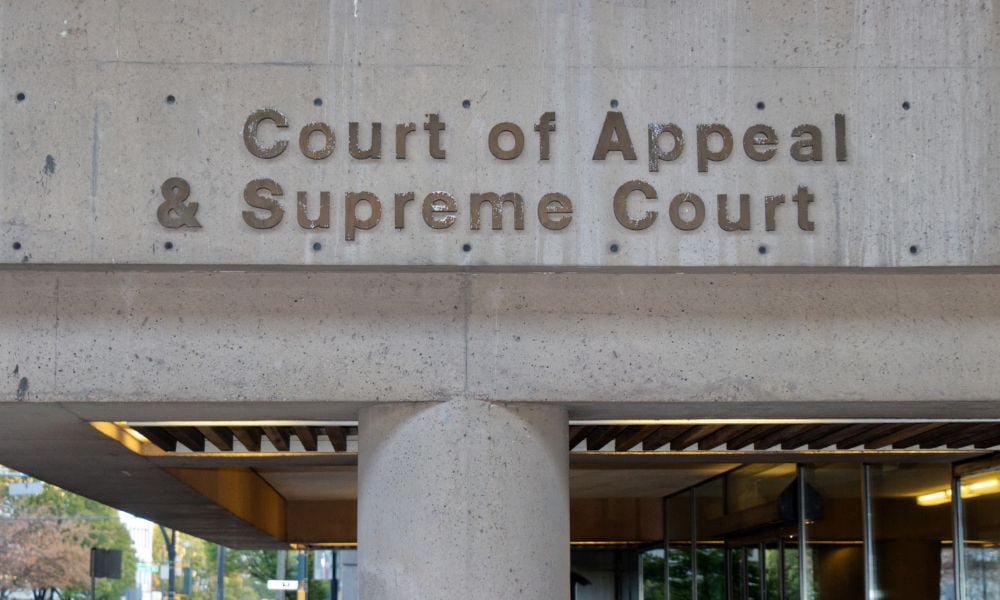
The plaintiff accused the defendant of lying to gain access to her teenage daughter

The BC Court of Appeal reinstated claims of fraudulent misrepresentation and negligent infliction of mental distress, allowing allegations of emotional harm from false representations and sexual victimization to proceed to trial.
In Bevan v. Husak, 2024 BCCA 323, Carmen Bevan accused Aaron Husak of lying to gain access to her teenage daughter, Katelin, who was later sexually victimized. Tragically, Katelin died in a car accident less than a year after the incident.
Initially, the chambers judge had dismissed Bevan's amended notice of civil claim (ANOCC), finding it did not disclose a reasonable cause of action. The judge reasoned that the elements necessary for fraudulent misrepresentation and negligent infliction of mental distress, as pleaded by Bevan, were insufficient, especially considering the requirement of a recognized psychiatric illness and direct causation.
Bevan appealed, asserting that her pleadings adequately addressed both torts. She argued that Husak had deliberately misrepresented himself as a responsible adult to facilitate the sexual exploitation of Katelin. Bevan also contended that Husak’s misrepresentations and negligence caused her significant emotional and psychological harm, leading to anxiety, depression, and insomnia.
On the other hand, Husak maintained that the lower court was correct in its finding. However, he conceded that the judge had mistakenly suggested that a "commercial component" was required in fraudulent misrepresentation claims. Despite this error, Husak argued that the claim lacked the necessary pecuniary aspect and sufficient proof of causation between the alleged harm and his actions.
The Court of Appeal disagreed with the chambers judge, ruling that Bevan’s claims were not novel or implausible. It held that the tort of fraudulent misrepresentation is not limited to commercial contexts and can apply to non-economic harm as long as the essential elements—fraud and actual damage—are proven. The court noted that Bevan had sufficiently pleaded that she relied on Husak’s false representations, which resulted in her suffering mental and emotional distress.
Read next: Emotional distress lawsuit: how it works under Canadian laws
The court also found that the lower court judge had erroneously dismissed the claim for negligent infliction of mental distress. Bevan’s claim that she experienced significant psychological harm after discovering Katelin’s victimization and absence was sufficient to establish a potentially valid cause of action. The Court of Appeal concluded that these claims warranted further exploration at trial rather than being dismissed at the pleadings stage.
Ultimately, the court allowed Bevan’s appeal, reversing the decision to strike the claims. The case will proceed to trial, where the allegations and their legal implications will be fully examined.